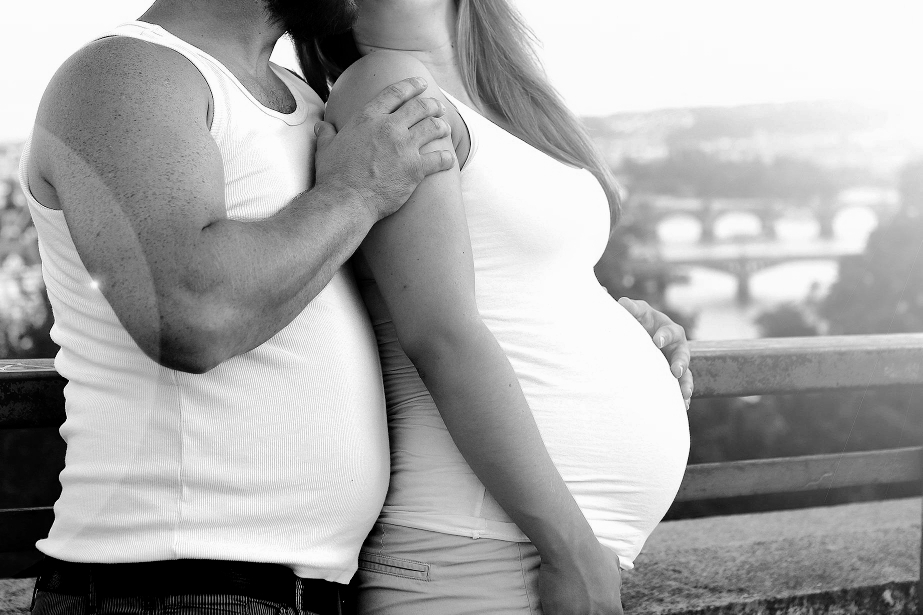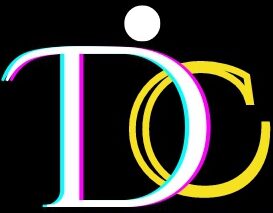
The Best Age to Start Having Children According to Science and Medicine
Deciding when to start a family is a significant life choice influenced by personal, social, and economic factors. However, science and medicine provide valuable insights into the optimal age for childbearing from a biological and health perspective.
Understanding these scientific insights can help individuals make informed decisions about family planning.
Peak Fertility and Biological Considerations
From a biological standpoint, a woman’s peak fertility occurs in her 20s. During this decade, women have the highest number of healthy eggs, and the likelihood of conceiving each month is at its highest.
According to the American Society for Reproductive Medicine, women in their early 20s have about a 20-25% chance of getting pregnant each cycle.
As women age, their fertility naturally declines. By age 30, the chance of conceiving each month drops to about 15%, and by age 35, it decreases further to around 10%.
After 35, fertility declines more rapidly, and the risk of complications during pregnancy increases.
Health Considerations for Mother and Child
Medical research indicates that women in their 20s and early 30s are generally at a lower risk for pregnancy complications such as gestational diabetes, preeclampsia, and chromosomal abnormalities in the baby, like Down syndrome. The risk of miscarriage and stillbirth is also lower in this age group.
Women who conceive after the age of 35 are classified as having a “geriatric pregnancy” — a term that, despite its outdated connotations, highlights increased risks.
These include higher chances of preterm birth, low birth weight, and complications during delivery.
Additionally, older mothers are more likely to need assisted reproductive technologies, such as in vitro fertilization (IVF), which come with their own set of risks and considerations.
Long-Term Health Implications
Studies have shown that children born to younger mothers tend to have fewer health issues compared to those born to older mothers.
This is partly due to the higher quality of eggs and the overall health and vitality of younger women. Additionally, younger mothers typically have more energy and physical resilience, which can be advantageous in the demanding early years of child-rearing.
Emotional and Psychological Factors
While biology favors earlier childbearing, emotional and psychological readiness is equally crucial.
Young parents may have more physical energy, but older parents often bring more emotional maturity and life experience to parenting.
The ideal age for having children also depends on individual circumstances, including relationship stability, career aspirations, and personal goals.
Advances in Reproductive Medicine
It’s important to note that advances in reproductive medicine have expanded the window of opportunity for many women. Egg freezing, IVF, and other assisted reproductive technologies allow women to conceive later in life with greater success rates than in the past.
While these technologies offer options, they are not guarantees and come with their own risks and costs.
It’s now clear that science and medicine suggest that the best age to start having children is in the 20s to early 30s, when fertility is at its peak and the risks of complications are lower.
However, the decision is deeply personal and should balance biological considerations with emotional readiness, financial stability, and personal life goals.
While it is essential to be aware of the scientific insights into the optimal age for childbearing, it is equally important to make a choice that feels right on an individual level.
Each person’s journey to parenthood is unique, and the best time to start a family is when one feels prepared to embrace the joys and challenges of raising children.
